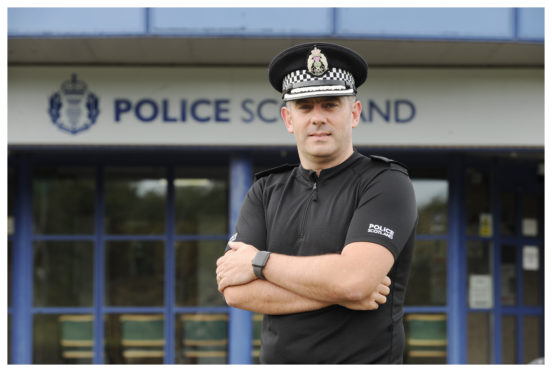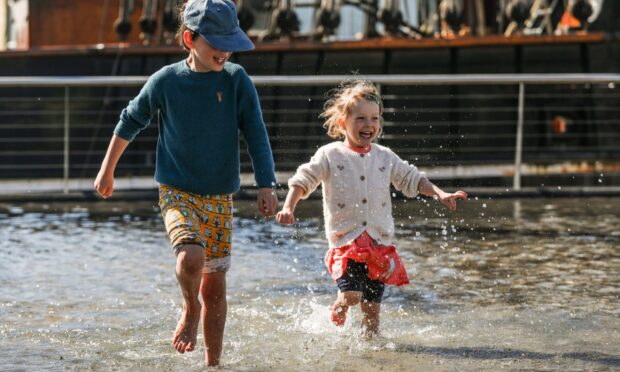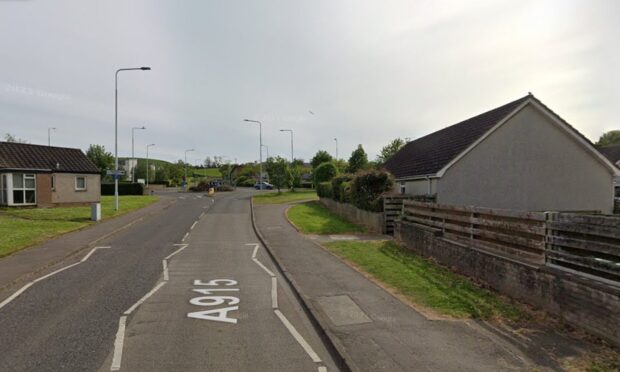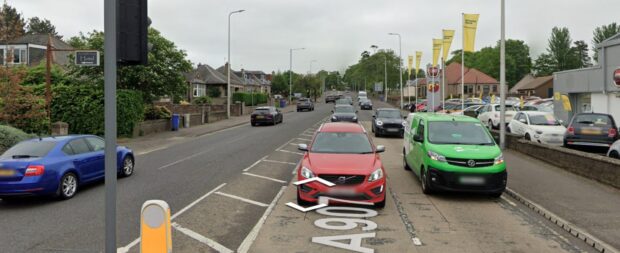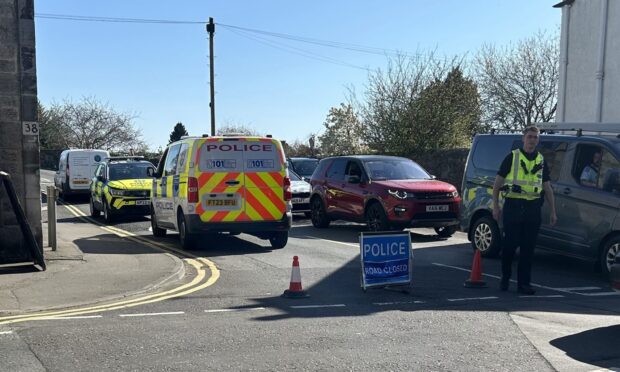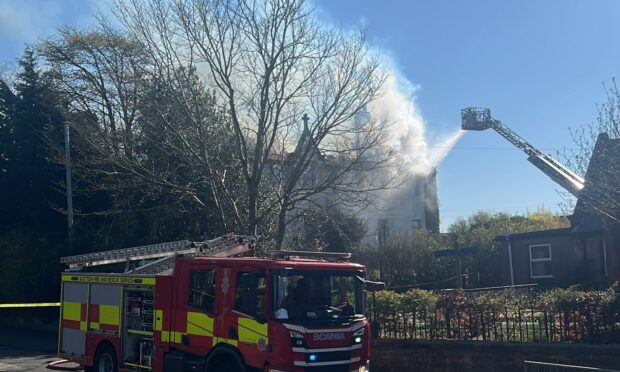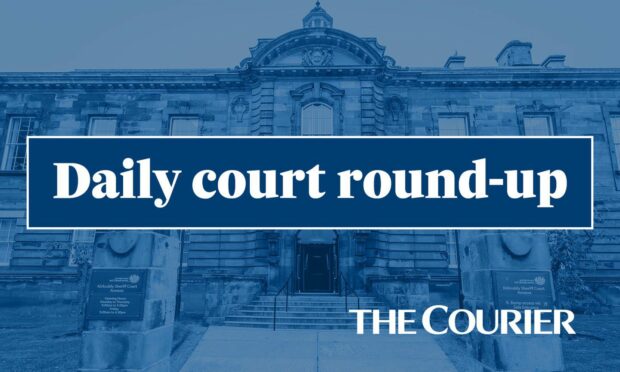Fife’s top police officer said the force has held up its hands and admitted it got wrong its initial implementation of stop and search.
Controversy over how officers conducted searches of individuals led to a change in practice so the technique is only used under legislation.
The kingdom was among areas of Scotland where “voluntary” stop and search was routinely conducted but rarely recorded and saw a massive increase in its figures after the establishment of the national force in 2013.
Chief Superintendent Derek McEwan said the days of asking youths to turn out their pockets were over and said Fife Division now uses the power ethically.
He said: “Police Scotland are the first to hold their hands up and say when we came into existence we did not use it as it was supposed to be used.”
When Fife Constabulary became part of Police Scotland he said it became evident other parts of Scotland did not use voluntary stop search as Fife did.
He said: “Police Scotland commenced an industrial scale use of the stop and search ability which caused controversy and ultimately resulted in stop and search being a well-publicised, well-talked about function of the police within the political environment.”
People were alarmed at the apparently soaring number of searches recorded.
Mr McEwan said: “The perception was that it was military-style policing, almost.
“You couldn’t leave your house without being stopped and searched.”
Stop and search was traditionally used when Fife Constabulary officers dealt with gangs of youths, he told Fife Council’s environment, protective services and community safety committee.
“They would all be told to turn out their pockets, ‘let me see inside your jacket’.
“Now, that can’t happen because it has to be legislative.”
Stop and search remains a valuable tool in fighting crime, he said, including violence and antisocial behaviour.
He added: “I hope it gives some comfort that Fife Division of Police Scotland is being ethical and using stop and search as it is supposed to be used.”
Fife Division piloted a revised framework to improve stop and search, which led to a new code of practice being introduced two years ago.
Last year, 1,297 stop searches were recorded in Fife, most of them under drugs legislation, and 45% were positive, for example drugs, stolen property or firearms were found.
